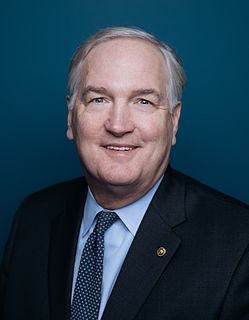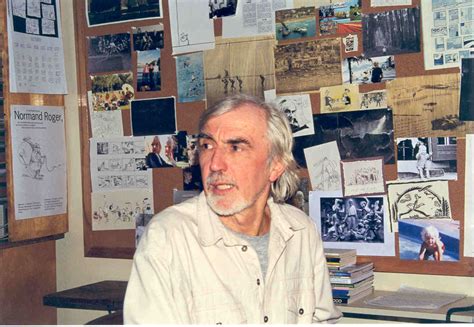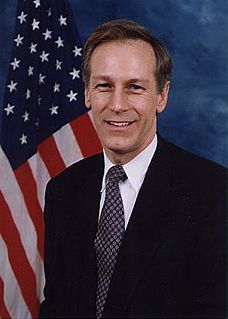A Quote by George W. Bush
Do you realize we've got 250 million years of coal? But coal has got environmental hazards to it, but there's-I'm convinced, and I know that we-technology can be developed so we can have zero-emissions coal-fired electricity plants.
Related Quotes
The climate-change industrial complex pontificates that the U.S. has to stop using coal to save the planet. But even if the U.S. cut our own coal production to zero, China and India are building hundreds of coal plants. By suspending American coal production, we are merely transferring jobs out of the U.S.
Letting the perfect be the enemy of the good is one of the reasons we have a coal-dependent infrastructure, with the resulting environmental impact that all of us can see. I suspect environmentalists, through their opposition of nuclear power, have caused more coal plants to be built than anybody. And those coal plants have emitted more radioactive material from the coal than any nuclear accident would have.
Coal used to be a very dirty fuel but coal has become cleaner and cleaner over the decades. Clean coal now is quite clean. Clean coal now has the same emissions profile as natural gas. Clean coal can become cleaner still. We can take even more of the pollutants out of coal and I believe we should. Clean coal, I think, is the immediate answer to Canada's energy needs and the world's energy needs. There are hundreds of years available of coal supplies. We shouldn't be squandering that resource. We should be using it prudently.
The park lies directly downwind from a slew of coal plants. Virtually all of the major contaminants in the local air and water are direct results of coal emissions. Coal produces ozone, which kills trees. Coal produces sulfates, which kill fish. No other park in the country has more ozone or sulfates than Shenandoah National Park.
Coal ash gets far less attention than toxic and greenhouse gas emissions from power plants, but it has created environmental and health problems - every major river in the Southeast has at least one coal ash pond - and continuing legal troubles and large cleanup costs for the authority and other utilities.
Imposing excessive new regulations, or closing coal-fired power plants, would produce few health or environmental benefits. But it would exact huge costs on society - and bring factories, offices and economies to a screeching halt in states that are 80-98% dependent on coal: Indiana, Kentucky, Missouri, North Dakota, Ohio, Utah, West Virginia and Wyoming.































